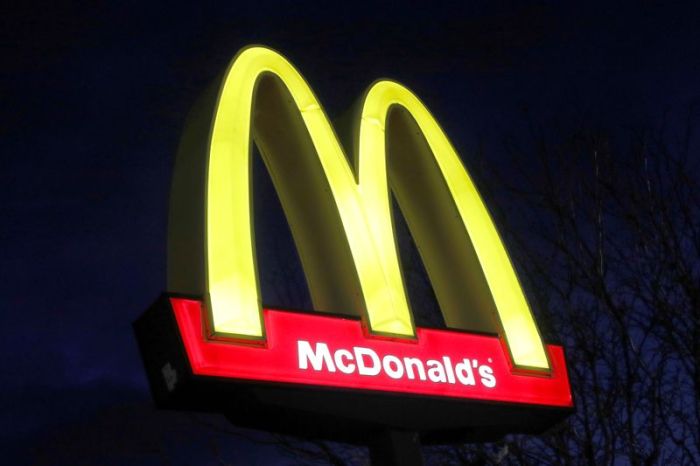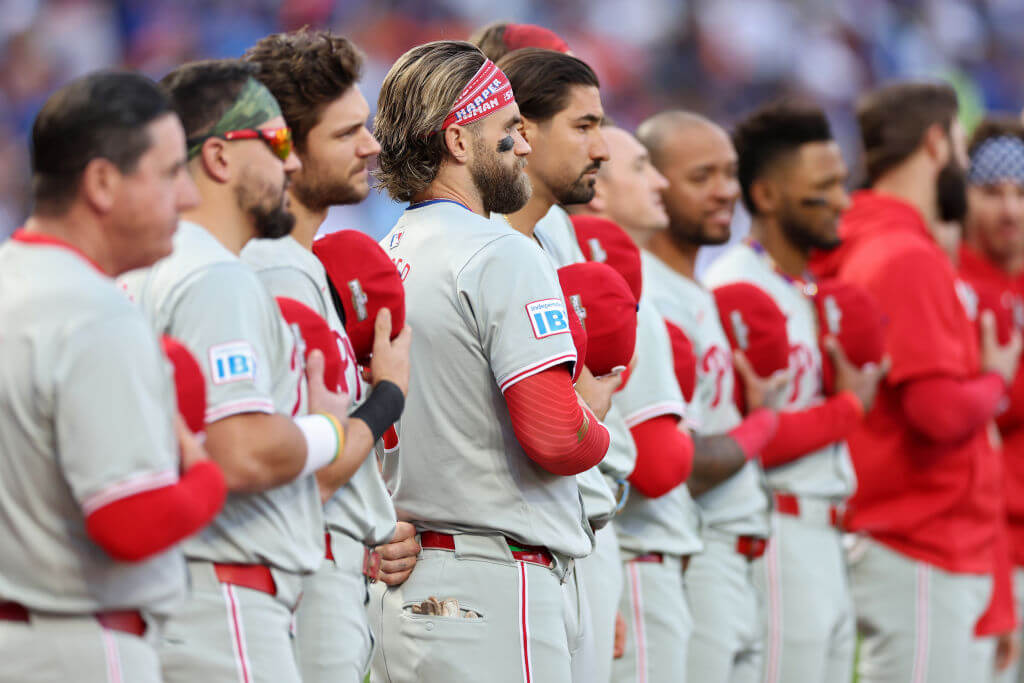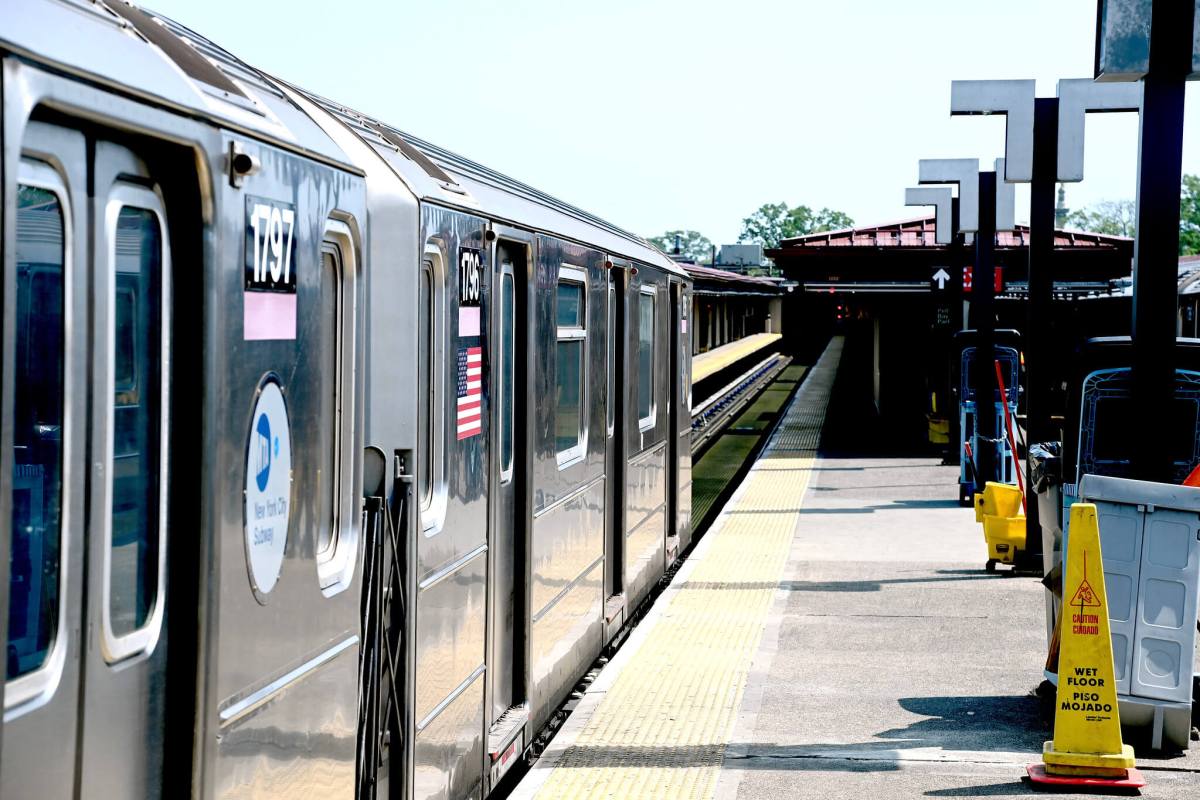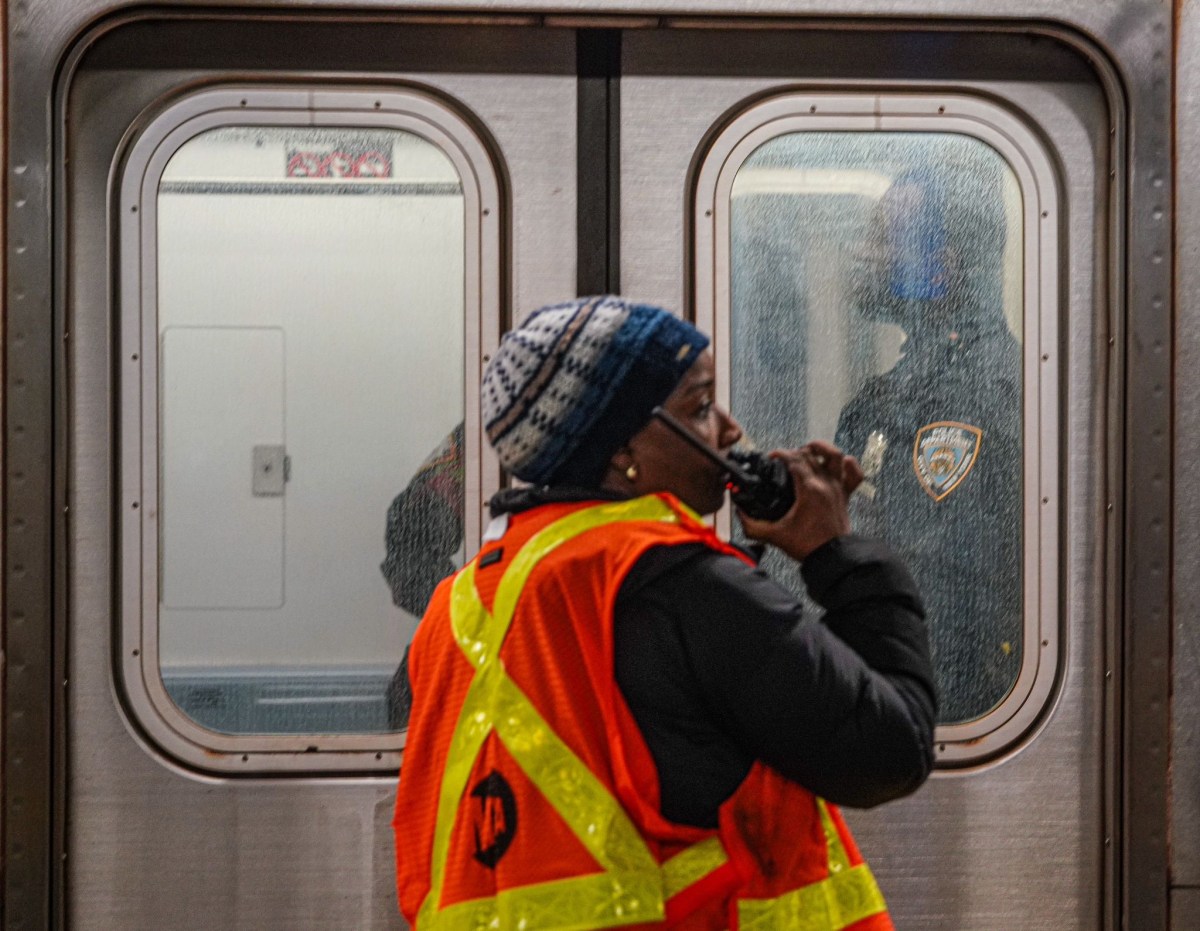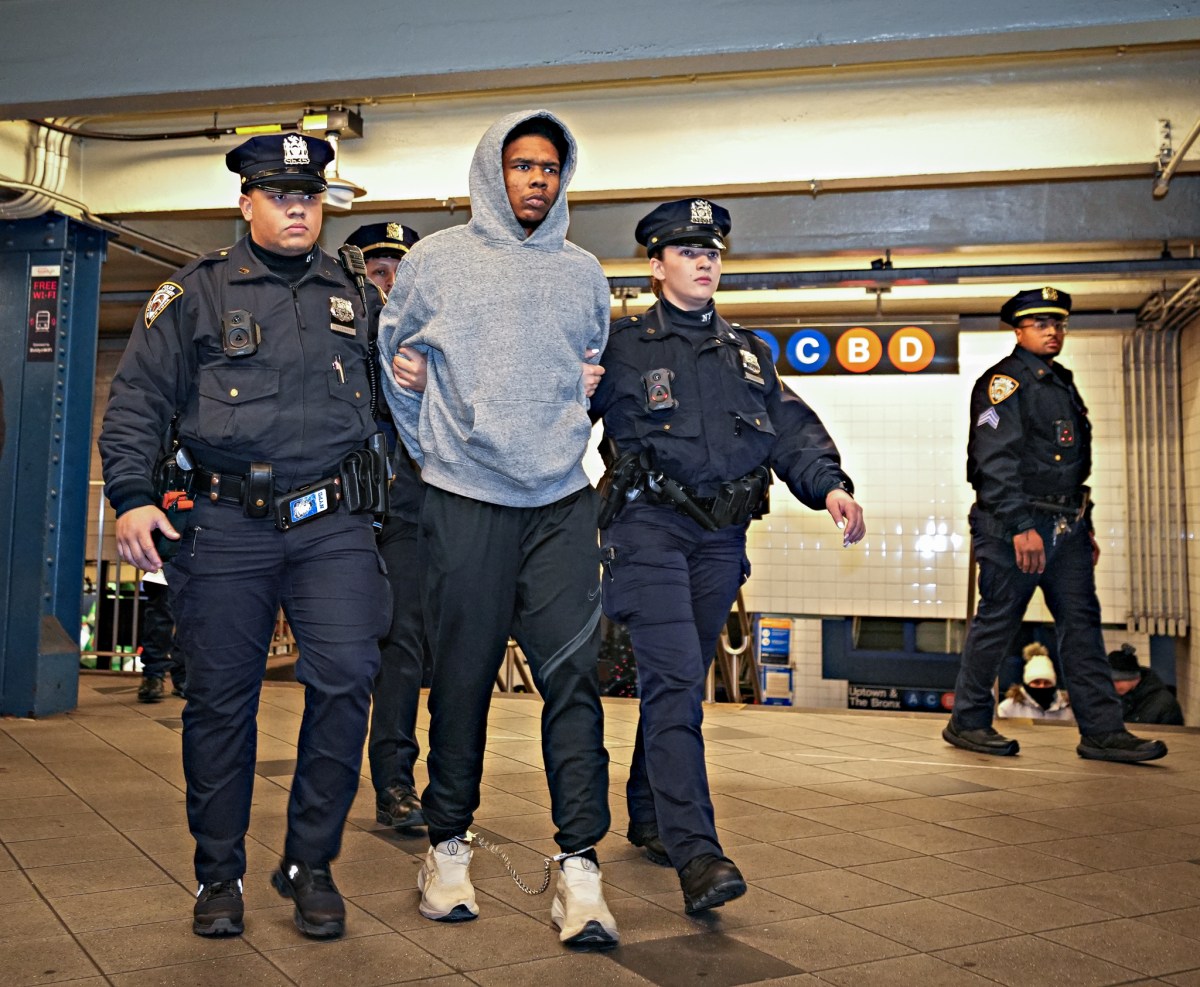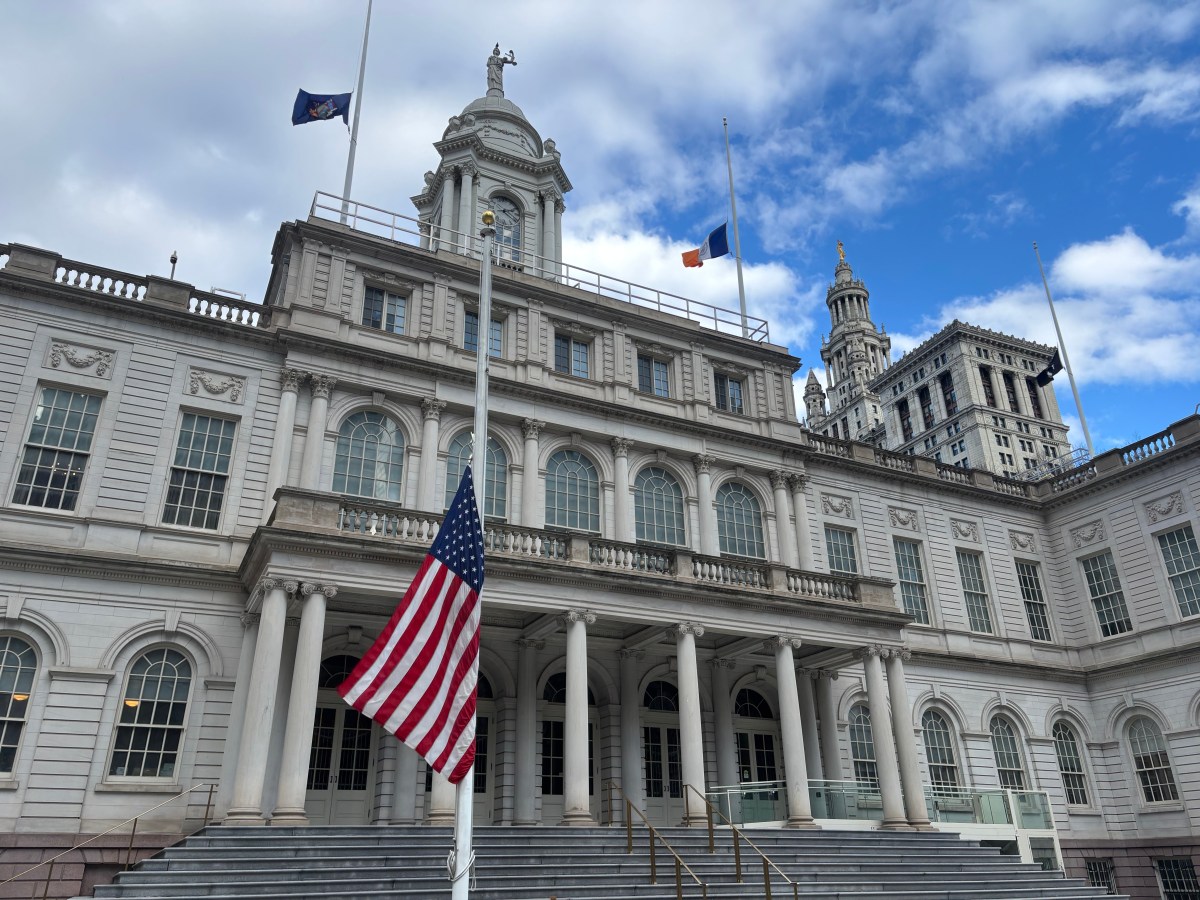(Reuters) – With cruise ships idled and airplanes almost empty, Florida travel adviser Nick Pena has been out of work for nearly a month, spending his days trying to secure jobless benefits from a state seemingly unable to provide them.
“I can’t tell you the emotional toll, the anxiety of not being able to log in,” said Pena, 44. “The only comfort is seeing that I’m not alone.”
Thrown out of work by a coronavirus pandemic that has killed at least 25,000 Americans, workers across the country have encountered downed websites and busy phone lines as they try to secure benefits that will help them pay for groceries and other essentials.
The problem has been especially acute in tourism-dependent Florida, where hundreds of thousands of idled workers have run up against a glitch-ridden system that provides some of the lowest payments in the United States — when it functions properly.
Pena was able to file a claim more than three weeks ago, but has not been able to get into the system since. Others have been unable to file a claim at all.
Critics say the failure is intentional.
“The system was broken from the very beginning and designed that way so you had fewer people making claims,” said Democratic state Representative Geraldine Thompson, who says hundreds of constituents in her Orlando district have told her they have been unable to file claims.
Facing widespread outrage, Republican Governor Ron DeSantis says he has taken steps to bolster the system but has not said when it will be operating properly.
“There have been claims paid and there’s a lot in the hopper right now and people are working hard,” he said at a Monday news conference. His office did not immediately respond to a request for further comment.
Some states, like Minnesota and Utah, say they have kept up with the crush of applications and several say they are distributing additional federal aid of $600 per week.
MIDNIGHT CALLS
Florida has managed to answer only 2% of incoming phone calls, according to state records obtained by local media. Pena says he has set his alarm for the middle of the night to try to access the website, which is otherwise inaccessible.
The 553,000 jobless claims Florida has recorded over the past three weeks likely amount to a fraction of those trying to get in to the system, according to Thompson and other officials.
Neighboring Georgia, where the workforce is half as large, processed 644,000 claims over the same period.
Florida’s Department of Economic Opportunity, which processes jobless benefits, said last week it would add hundreds of workers to tackle a backlog of applications. A department spokeswoman did not answer questions submitted by Reuters.
Meanwhile, job losses continue. Disney World will furlough 43,000 employees on Sunday, adding to the list of applicants.
“Our members live paycheck to paycheck. What happens when unemployment is delayed for many weeks?” said Eric Clinton, president of Unite Here Local 362, a labor union that represents Disney workers.
Florida created a paper form for people like Sabino Jarquin, 52, who has been unable to apply for benefits through his iPhone since he lost his restaurant job at Miami International Airport over a month ago.
“I’m going to fill out the paper and mail it to see if I have better luck,” he said.
That has created its own problems. State officials say paper forms will take longer to process, and local media have reported lines of hundreds of people at sites where the forms are being distributed.
Florida’s problems date back to 2013, when a new computer system locked out thousands of recipients and delayed payments by weeks. Auditors last year found many problems had not been fixed.
Then-Governor Rick Scott also scaled back benefits. Florida’s maximum weekly payment of $275 is among the lowest in the nation, and benefits expire after 12 weeks — less than half the nationwide norm.
Only 11% of jobless workers in Florida received benefits last year. Massachusetts and New Jersey, by contrast, provided aid to more than half their unemployed before the crisis hit.
Pena said he was reconsidering his support for Republicans like Scott and DeSantis, saying they had failed to show empathy for workers like him.
“I put my trust into a party, and into an administration that I now realize is slapping me in the face, doesn’t have my best interest in mind,” Pena said. “So, we’ll be voting differently in the future.”
(Reporting by Andy Sullivan and Jonnelle Marte; Additional reporting by Aleksandra Michalska; Editing by Scott Malone and Tom Brown)













